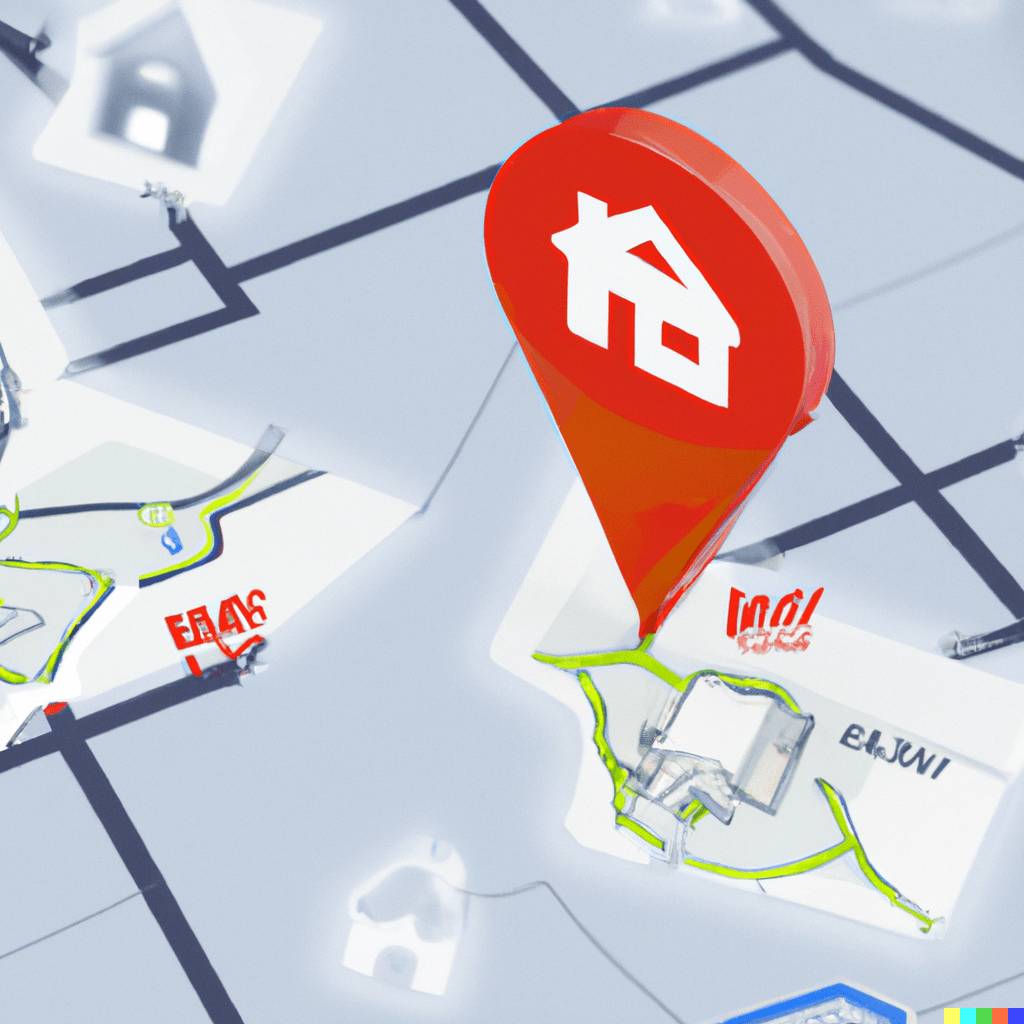From the early beginning of my interest in emerging technologies and during my recent RMIT postgraduate studies, I saw a real possibility to implement blockchain and NFTs in modern real estate. The idea sounds cool, why not but how it can be possible?
The availability of blockchain technology and Non-Fungible Tokens (NFTs) has captured the attention of many industries, including the real estate industry. The real estate business has traditionally been slow to adopt cutting-edge technologies, but with the benefits that blockchain and NFTs offer, it is a good time for the industry to wake up and embrace these new technologies.
Blockchain may be used to record and store ownership and transactional history of real estate properties, making it perfect the tool for the real estate industry. With blockchain technology, real estate transactions can be completed faster, more efficiently, and with much greater transparency. The use of smart contracts (SC) in blockchain technology can also automate processes such as title transfers and escrow payments.
As NFTs are unique digital assets that are stored immutably on a blockchain, it makes them very difficult to fraud or duplicate. NFTs can be used to represent ownership of real estate properties or tokenized fractional portions of ownership, also mortgage and loan securisation 1 (Dickson T,2022).
This opens a whole new panel of possibilities for real estate investors, making it possible to own a piece of property that was previously out of reach.
Therefore, tokenized property titles create more accessible and inclusive investment opportunities.
Fractional ownership of real estate properties through NFTs can make it possible for smaller investors to participate in the real estate market, providing a new level of financial accessibility. This may lead to increased liquidity in the market and more opportunities for investors and developers to collaborate.
Partial ownership can create some problems when it comes to managing the property, as all token holders need to be consulted and agree on any decisions. NFTs can help to solve this problem by representing a specific part of the property, such as a particular room or area. This allows for more granular ownership, making it easier to manage the property in decisions making process. The possibility of creating real estate DAO governance models can be also considered. It may revolutionise and deliver a completely new real estate business model.
It is also important to notice that Blockchain and NFTs have the potential for much faster and more efficient transactions than those offered by intermediaries’ manual handling. With the traditional way of processing real estate transactions, there are often delays and complications due to the complex procedures of the real estate middleman.
As the technology continues to evolve and become more widely adopted, it is likely that we will see more and more real estate transactions being completed on blockchain. In recent years, real estate tokenization has emerged as an exciting application of blockchain technology that enabled revolutionising the way we may invest in, buy, and sell properties as digital assets.
We can now openly talk about Blockchain: Opportunities and Disruption for Real Estate 2 (REIA 2022).
Once again, real estate tokenization involves the creation of digital tokens, which represent ownership of a particular property. These tokens can be bought and sold like traditional stocks, and they also offer some unique benefits that traditional real estate investments cannot dream and match.
For example, the increased liquidity that it provides. Traditional real estate investments can be highly illiquid, with investors often having to wait years before they can sell their properties. In contrast, “real-estate-tokens” can be bought and sold on cryptocurrency exchanges and NFTs markets, providing investors with almost instant liquidity 3 (Liebkind J,2022).
Furthermore, traditionally real estate investing has been reserved for the wealthy elite. Tokenization of properties allows anyone with an internet connection to invest in real estate, regardless of their financial status. This democratization of real estate investment has a huge potential to open a new investment market to a much wider community and audience.
An additional way of real estate tokenization is the creation of unique, one-of-a-kind properties in Metaverse. NFTs can represent ownership in digital assets, such as virtual real estate in online existing worlds. This could allow for the creation of unique, exclusively private, and commercial properties that not existing in the real world. Despite these sorts of virtual real estate ownership present exciting and extremely cool topics, I consider it as separate material for the next writing.
As always there are some challenges and risks associated with tokenization and NFT use cases in real estate offices. One of the biggest challenges is regulatory compliance 4 (Dilendorf M et al.,2020). Real estate is heavily regulated, and tokenization raises a host of legal and regulatory issues which need to be addressed.
The additional challenge may be the need to amalgamate specialized technical knowledge and expertise in both real estate and blockchain technology. Successfully implementing real estate tokenization requires a deep understanding of both fields, which can be a significant barrier to entry for many investors and traditional real estate workforces. With the learning process, and therefore acquiring the appropriate and relevant level of emerging technologies knowledge we certainly can help!
The rest is up to you and may involve an openminded and enthusiastic” I am in” approach.
Happy Blockchain, NFTs, and ”Digital Real-Estating”.
References:
- Dickson, T. (2022) Could Blockchain technology revolutionise the real estate industry?, RMIT University. Available at: https://www.rmit.edu.au/news/all-news/2022/june/could-blockchain-technology-revolutionise-australian-real-estate (Accessed: March 25, 2023).
- Blockchain: Opportunities and Disruptions for Real Estate (2022) REIA. Available at: https://reia.com.au/research-bk/blockchain/ (Accessed: March 25, 2023).
- Liebkind, J. (2022) How blockchain technology is Changing Real Estate, Investopedia. Investopedia. Available at: https://www.investopedia.com/news/how-blockchain-technology-changing-real-estate/ (Accessed: March 25, 2023).
- Dilendorf, M., Rika Khurdayan and Zaslavsky, G. (2020) Guide to tokenizing real estate: What, why and how, Dilendorf. Available at: https://dilendorf.com/resources/tokenization-of-real-estate-what-why-and-how.html (Accessed: March 25, 2023).

